- Licensed by the State of North Carolina
- Monday–Friday, 7:00 a.m.–5:30 p.m.
- 919-688-2821
About Us
Our History
The doors of Kiddie Kollege Early Learning Center (Kiddie Kollege ELC) opened on January 14, 1974, at 603 South Alston Avenue, the former location of Southeastern Business College. Before opening Kiddie Kollege ELC, founders David and Lorraine Stith owned and operated Southeastern Business College from 1956 until 1973.
This period during the early 1970s marked the beginning of the rise of technical schools such as Durham Tech (now known as Durham Technical Community College) and the decline of privately-owned business schools. However, David and Lorraine remained committed to the education field. So, instead of preparing young adults for the workforce, they shifted their focus to preparing young children for the education force.
Thus, Kiddie Kollege ELC was born. The creation of Kiddie Kollege ELC marked the beginning of the Stiths longstanding commitment to providing high-quality preschool education to the youngest citizens of the Durham Community.
In 1983, Kiddie Kollege ELC moved to a temporary location at 810 Plum Street until the present location at 618 Hope Avenue was built in 1985. Our current building contains approximately 2,000 square feet of indoor space and 3,000 square feet of outdoor space.
Since the very beginning, We have partnered with several organizations in the community to enhance the educational experience for the children. Kiddie Kollege ELC has been committed to providing high-quality childcare and educational services. We’ve even been awarded numerous grants from local agencies to help enhance our services.
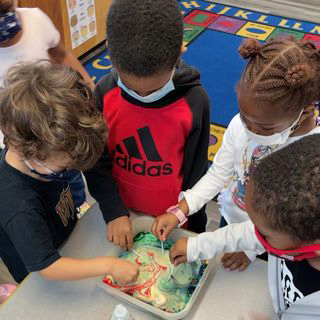
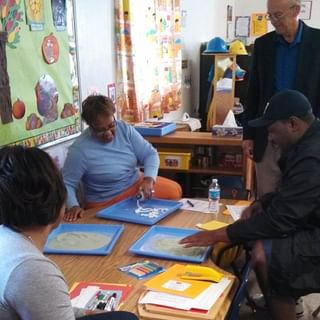
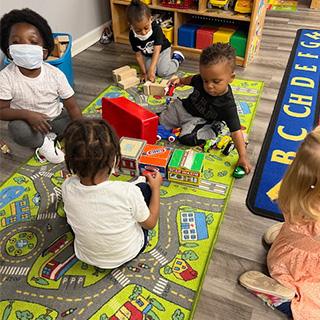
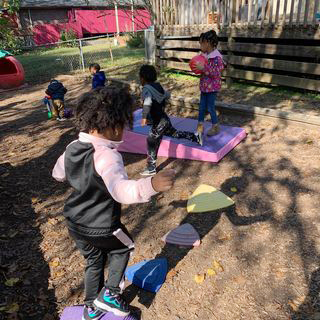

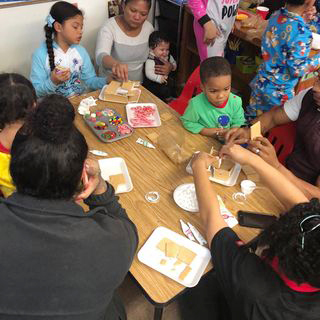
Our Mission
Kiddie Kollege ELC’s mission is to provide a safe and healthy environment for infants, toddlers, and preschool-aged children so that the following goals may be reached:
Make a successful transition from home life to school life and learn to interact with other children.
Provide the child with freedom and opportunities to develop physical, social, emotional, and cognitive skills.
Provide the child with freedom and opportunities to develop physical, social, emotional, and cognitive skills.
Develop an unselfish nature with a positive attitude, gratitude, and respect for others.
Develop the whole child, i.e., provide experiences for all children so they may reach their next stage of development.
Develop a positive self-image (feeling of success).
Develop responsibility and self-control.
Develop and excitement about learning and becoming lifelong learners
Learn about our educators and our programs.

